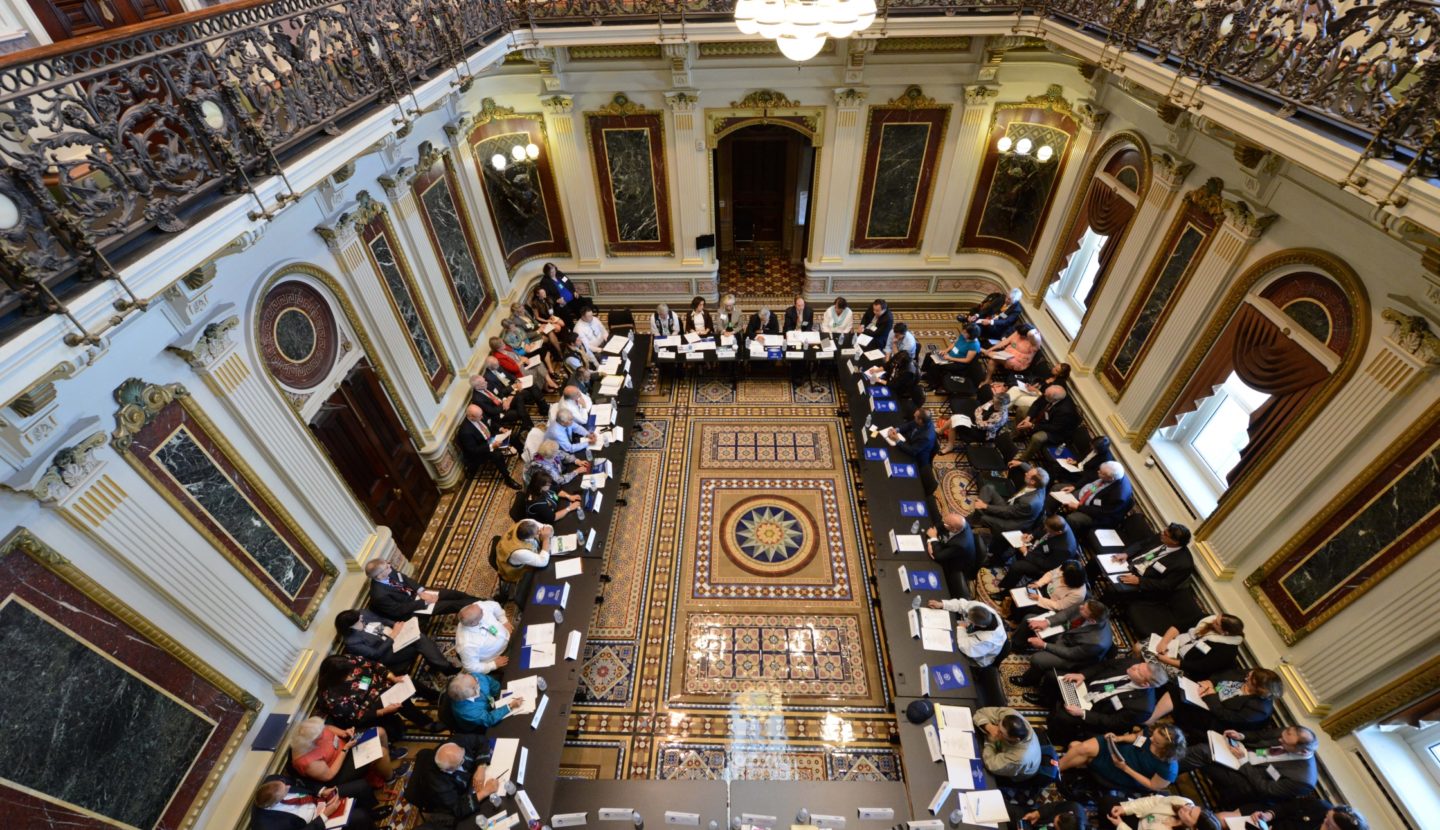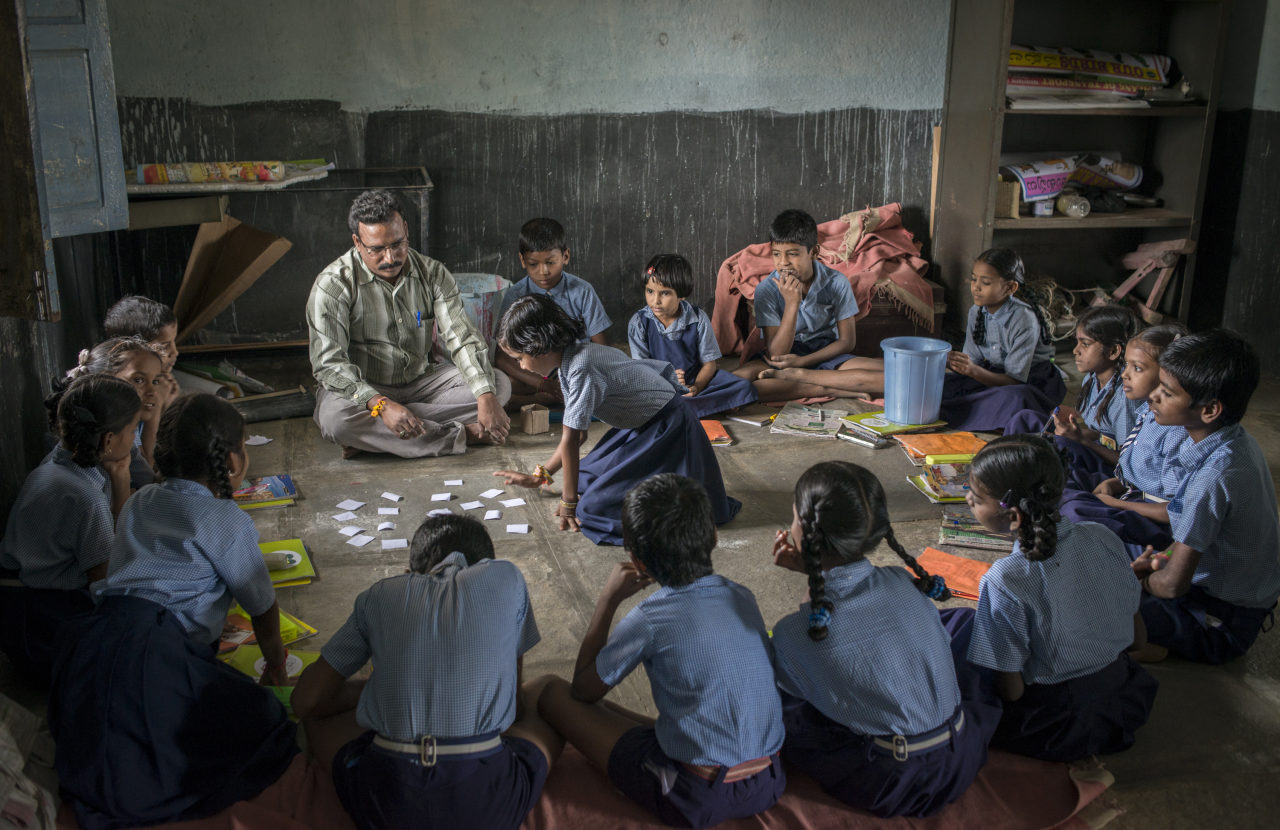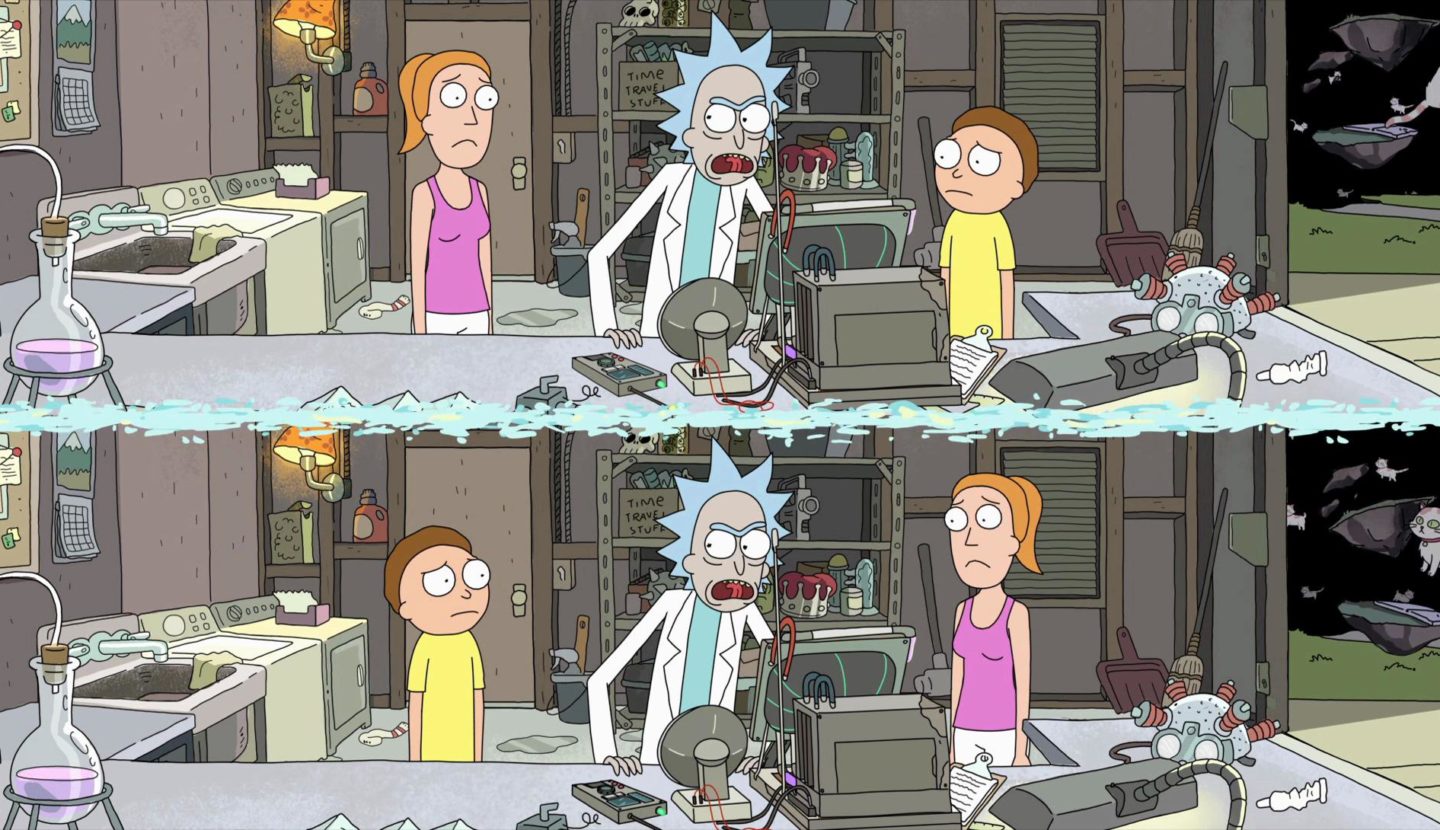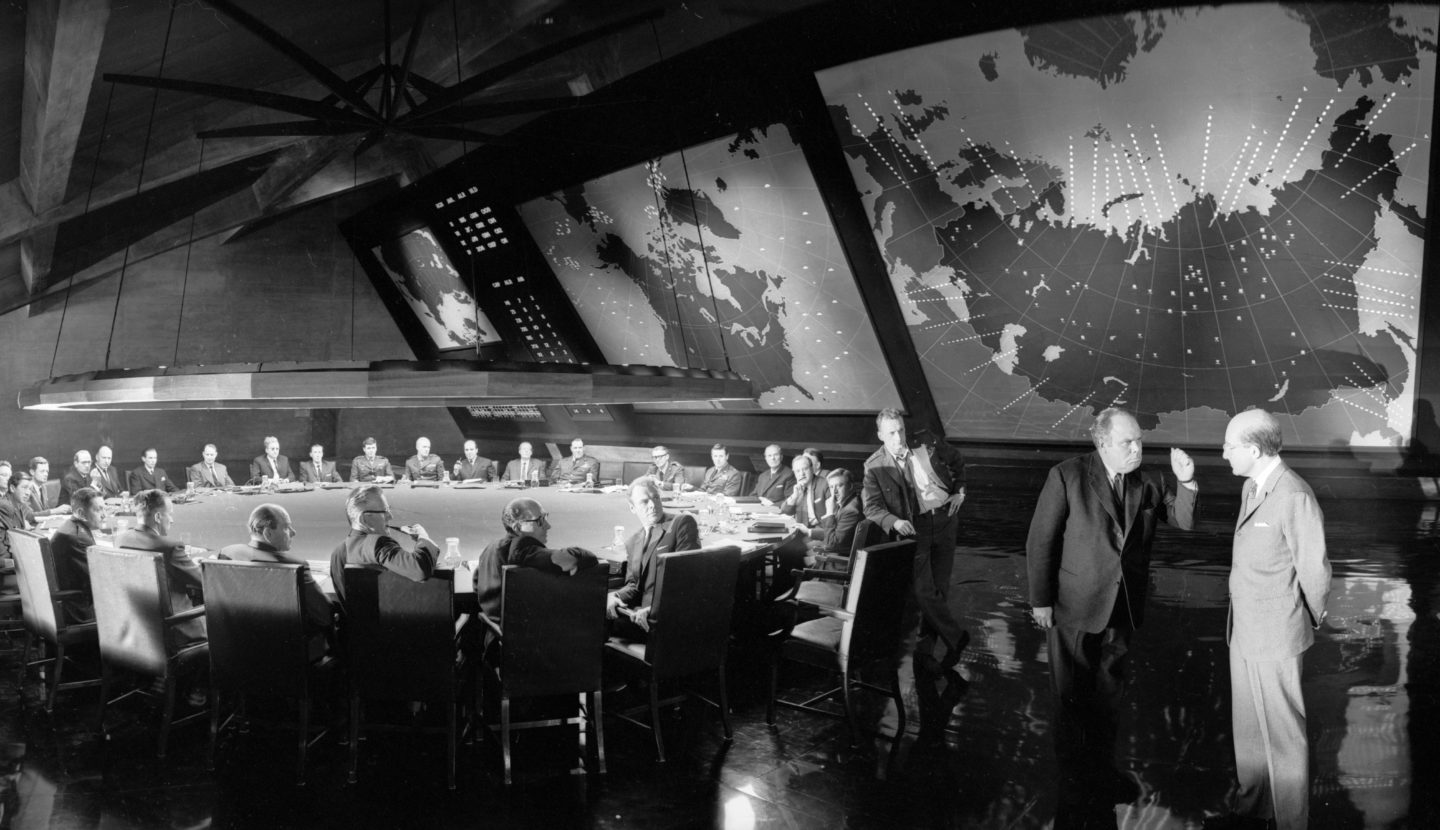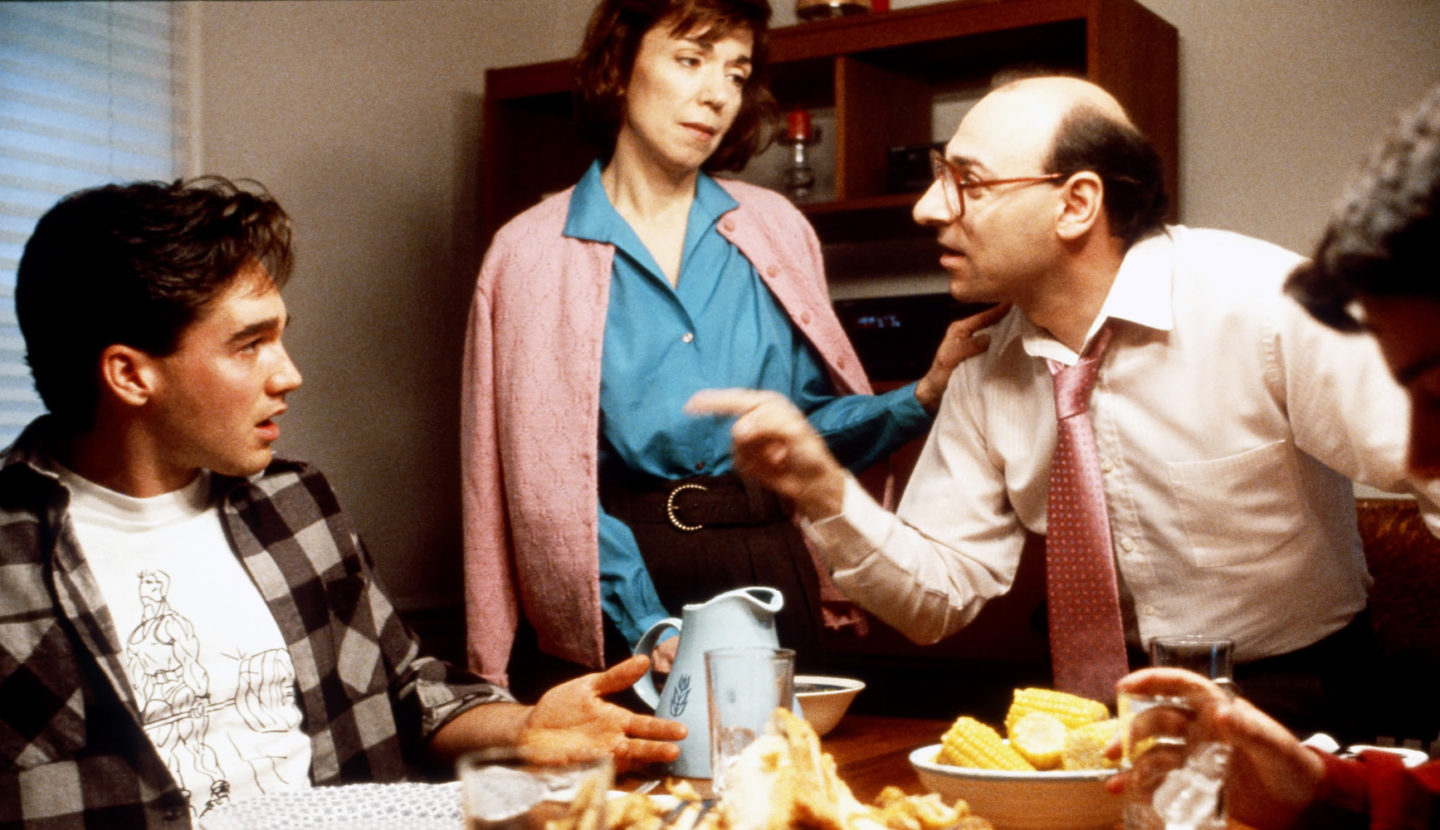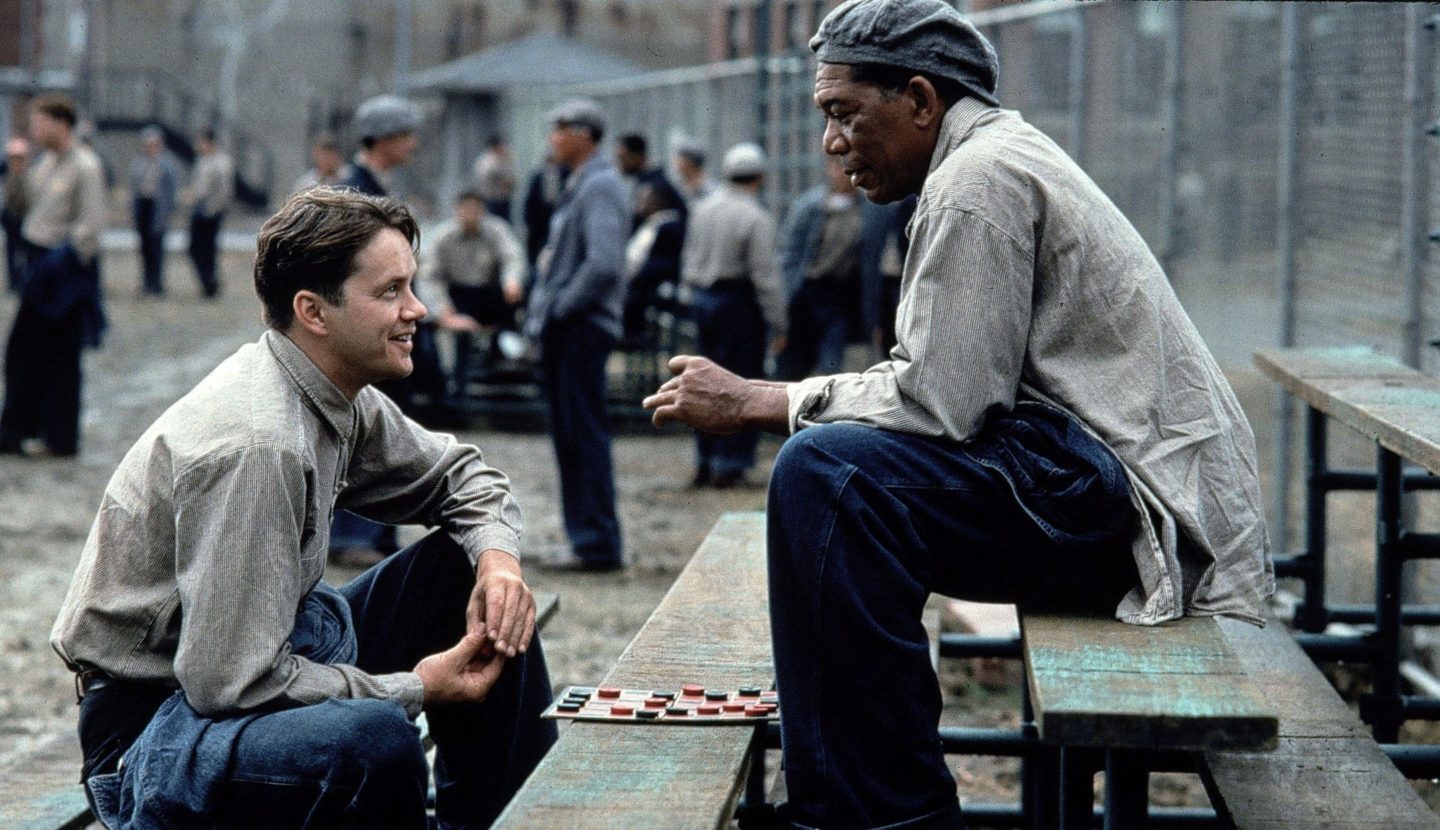#58 – Pushmeet Kohli of DeepMind on designing robust & reliable AI systems and how to succeed in AI

When you’re building a bridge, responsibility for making sure it won’t fall over isn’t handed over to a few ‘bridge not falling down engineers’. Making sure a bridge is safe to use and remains standing in a storm is completely central to the design, and indeed the entire project.
When it comes to artificial intelligence, commentators often distinguish between enhancing the capabilities of machine learning systems and enhancing their safety. But to Pushmeet Kohli, principal scientist and research team leader at DeepMind, research to make AI robust and reliable is no more a side-project in AI design than keeping a bridge standing is a side-project in bridge design.
Far from being an overhead on the ‘real’ work, it’s an essential part of making AI systems work in any sense. We don’t want AI systems to be out of alignment with our intentions, and that consideration must arise throughout their development.
Professor Stuart Russell — co-author of the most popular AI textbook — has gone as far as to suggest that if this view is right, it may be time to retire the term ‘AI safety research’ altogether.
With the goal of designing systems that reliably do what we want, DeepMind have recently published work on important technical challenges for the ML community.
For instance, Pushmeet is looking for efficient ways to test whether a system conforms to the desired specifications, even in peculiar situations, by creating an ‘adversary’ that proactively seeks out the worst failures possible. If the adversary can efficiently identify the worst-case input for a given model, DeepMind can catch rare failure cases before deploying a model in the real world. In the future single mistakes by autonomous systems may have very large consequences, which will make even small failure probabilities unacceptable.
He’s also looking into ‘training specification-consistent models’ and formal verification’, while other researchers at DeepMind working on their AI safety agenda are figuring out how to understand agent incentives, avoid side-effects, and model AI rewards.
In today’s interview, we focus on the convergence between broader AI research and robustness, as well as:
- DeepMind’s work on the protein folding problem
- Parallels between ML problems and past challenges in software development and computer security
- How can you analyse the thinking of a neural network?
- Unique challenges faced by DeepMind’s technical AGI safety team
- How do you communicate with a non-human intelligence?
- How should we conceptualize ML progress?
- What are the biggest misunderstandings about AI safety and reliability?
- Are there actually a lot of disagreements within the field?
- The difficulty of forecasting AI development
Get this episode by subscribing to our podcast on the world’s most pressing problems and how to solve them: type 80,000 Hours into your podcasting app. Or read the transcript below.
The 80,000 Hours Podcast is produced by Keiran Harris.
As an addendum to the episode, we caught up with some members of the DeepMind team to learn more about roles at the organization beyond research and engineering, and how these contribute to the broader mission of developing AI for positive social impact.
A broad sketch of the kinds of roles listed on the DeepMind website may be helpful for listeners:
- Program Managers keep the research team moving forward in a coordinated way, enabling and accelerating research.
- The Ethics & Society team explores the real-world impacts of AI, from both an ethics research and policy perspective.
- The Public Engagement & Communications team thinks about how to communicate about AI and its implications, engaging with audiences ranging from the AI community to the media to the broader public.
- The Recruitment team focuses on building out the team in all of these areas, as well as research and engineering, bringing together the diverse and multidisciplinary group of people required to fulfill DeepMind’s ambitious mission.
There are many more listed opportunities across other teams, from Legal to People & Culture to the Office of the CEO, where our listeners may like to get involved.
They invite applicants from a wide range of backgrounds and skill sets so interested listeners should take a look at their open positions.
